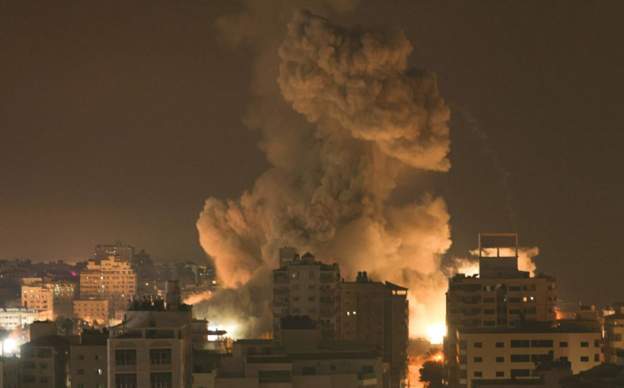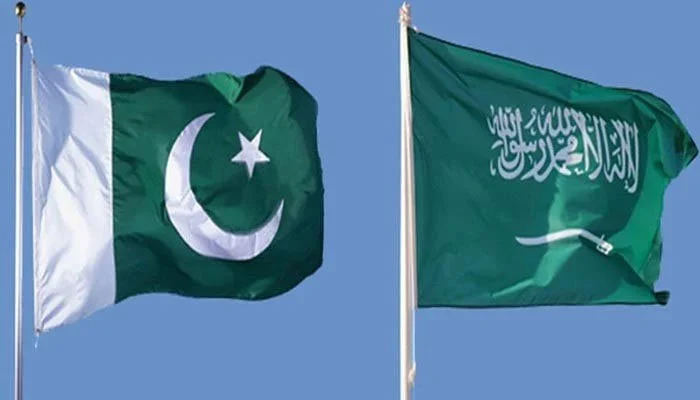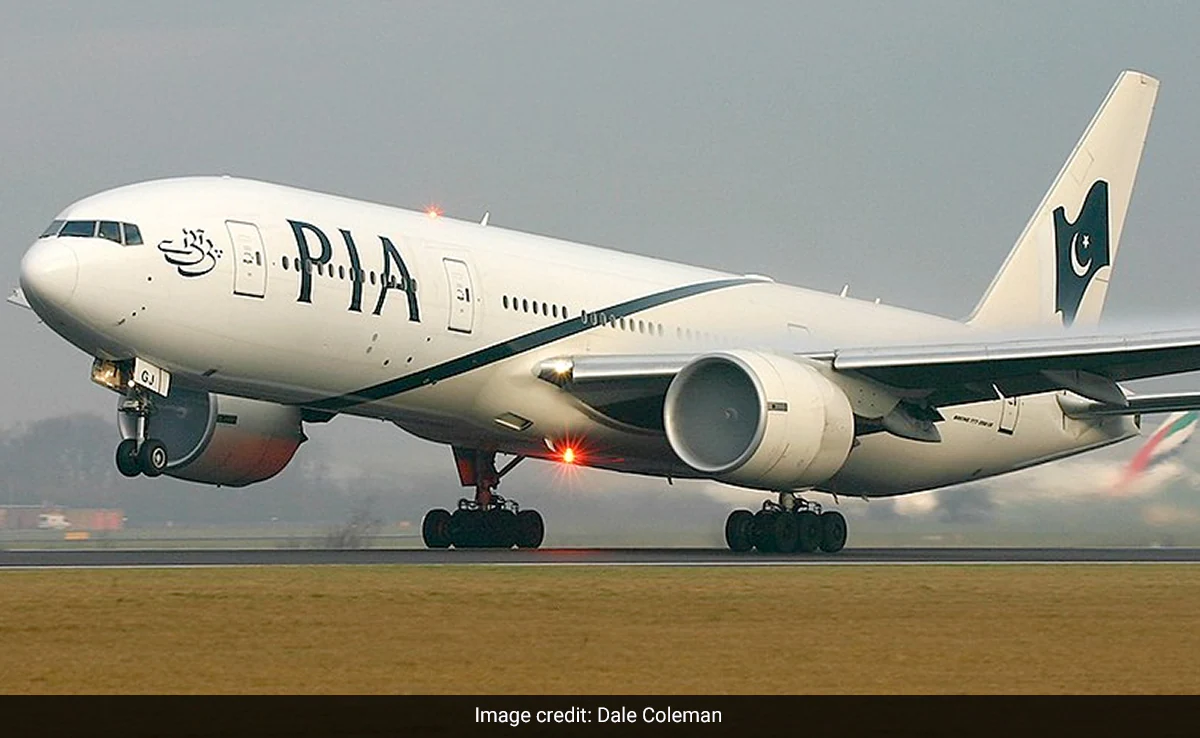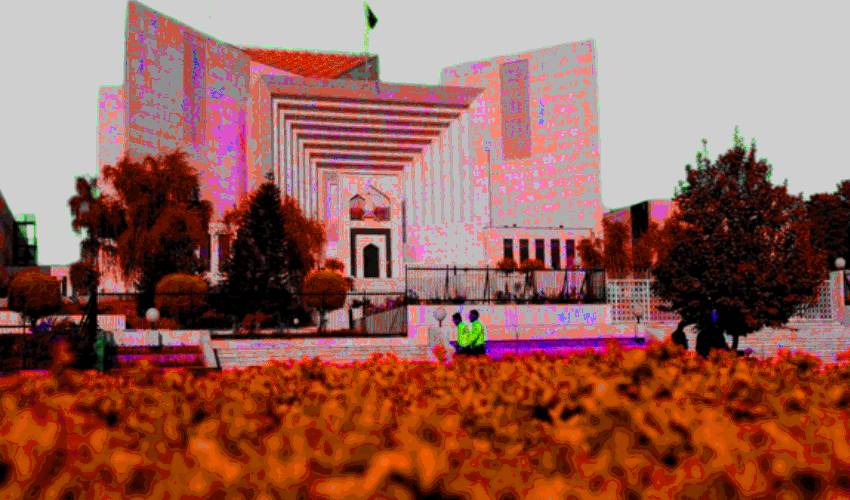
The United Nations Security Council (UNSC) convened an emergency session to address the escalating conflict between Israel and Gaza, but regrettably, the council fell short of achieving the unanimous consensus required to issue a joint statement. The meeting, shrouded in secrecy, underscored the dire nature of the situation as violence continued unabated.
The conflict, which has already claimed the lives of over 1,100 individuals, erupted when Hamas, the Palestinian group in control of the blockaded Gaza Strip, launched a devastating assault on Israeli towns, taking hundreds of people hostage. In response, Israel declared a state of war and initiated a relentless bombardment of densely-populated Gaza, resulting in the loss of hundreds of innocent lives.
The United States, keen on denouncing Hamas with full force, lobbied for a strong condemnation from the 15-member council. “There are a good number of countries that condemned the Hamas attacks,” emphasized senior US diplomat Robert Wood during a press briefing following the session. However, it became apparent that not all members were on board with this condemnation, with Russia emerging as a prominent outlier due to the strained relations between Moscow and the West, exacerbated by Russia’s invasion of Ukraine.
The closed-door council meeting, which lasted approximately 90 minutes, included a briefing from UN Middle East peace envoy Tor Wennesland. Diplomats, led by Russia, expressed a desire for a more comprehensive approach beyond solely condemning Hamas, as they believed that a broader focus was necessary to address the root causes of the conflict.
A critical point of contention in the meeting was the need for consensus to issue a statement. Russia’s UN ambassador, Vassily Nebenzia, emphasized the urgency of halting the fighting and seeking a ceasefire, echoing a longstanding Security Council call for meaningful negotiations to resolve the longstanding Israeli-Palestinian conflict.
The United Arab Emirates, which had normalized relations with Israel in a historic 2020 agreement, voiced its expectation for further UNSC meetings on the crisis. UAE Ambassador Lana Zaki Nusseibeh stressed the gravity of the situation and expressed the belief held by many council members that a political solution leading to a two-state resolution was the only viable path to ending the conflict.
Notably absent from the meeting were both Israel and the Palestinian Authority (PA), which is based in the West Bank and represents a political rival to Hamas. These parties were excluded as they are currently members of the Security Council.
Palestinian Ambassador Riyad Mansour used the opportunity to call on diplomats to focus on ending the Israeli occupation, highlighting the need to shift the narrative away from one that only reacts to Israeli casualties. He emphasized that it was time to urge Israel to change its course and seek a path to peace that would spare both Palestinians and Israelis from further harm.
In a letter addressed to UNSC members prior to the meeting, three Palestinian human rights organizations—Al-Haq, Al-Mezan Centre for Human Rights, and the Palestinian Centre for Human Rights—accused the UN of inaction, asserting that this had enabled the ongoing violence and rendered its members “complicit” in the tragedy. They called on UN member states to address the root causes of the conflict and protect the Palestinian population from Israeli attacks.
Meanwhile, Israel’s UN Ambassador Gilad Erdan presented graphic images to reporters ahead of the meeting, depicting Israeli civilians being held captive by Hamas. Erdan denounced these acts as war crimes, demanding steadfast support for Israel to defend itself and preserve the free world.
The Gaza Strip, home to approximately 2 million people within its 365 square kilometers, has been under Hamas’ rule since 2007, following a brief war with forces loyal to the Palestinian Authority. The timing of Hamas’ assault on Israel coincides with efforts backed by the United States to encourage Saudi Arabia to normalize relations with Israel in exchange for a defense deal between Washington and Riyadh. Israel’s UN Ambassador Erdan affirmed their commitment to coexistence with neighboring countries and expressed a desire to see this diplomatic avenue pursued.
As the UN Security Council meeting ended without a joint statement, the situation in Gaza-Israel remains deeply uncertain, with no immediate resolution in sight to the ongoing conflict.
Thank you for entrusting us as your source of information. Together, we aim to shape a world where knowledge transcends borders and unites us all. Stay focused, stay informed, and let’s make our world a better place, one story at a time.



